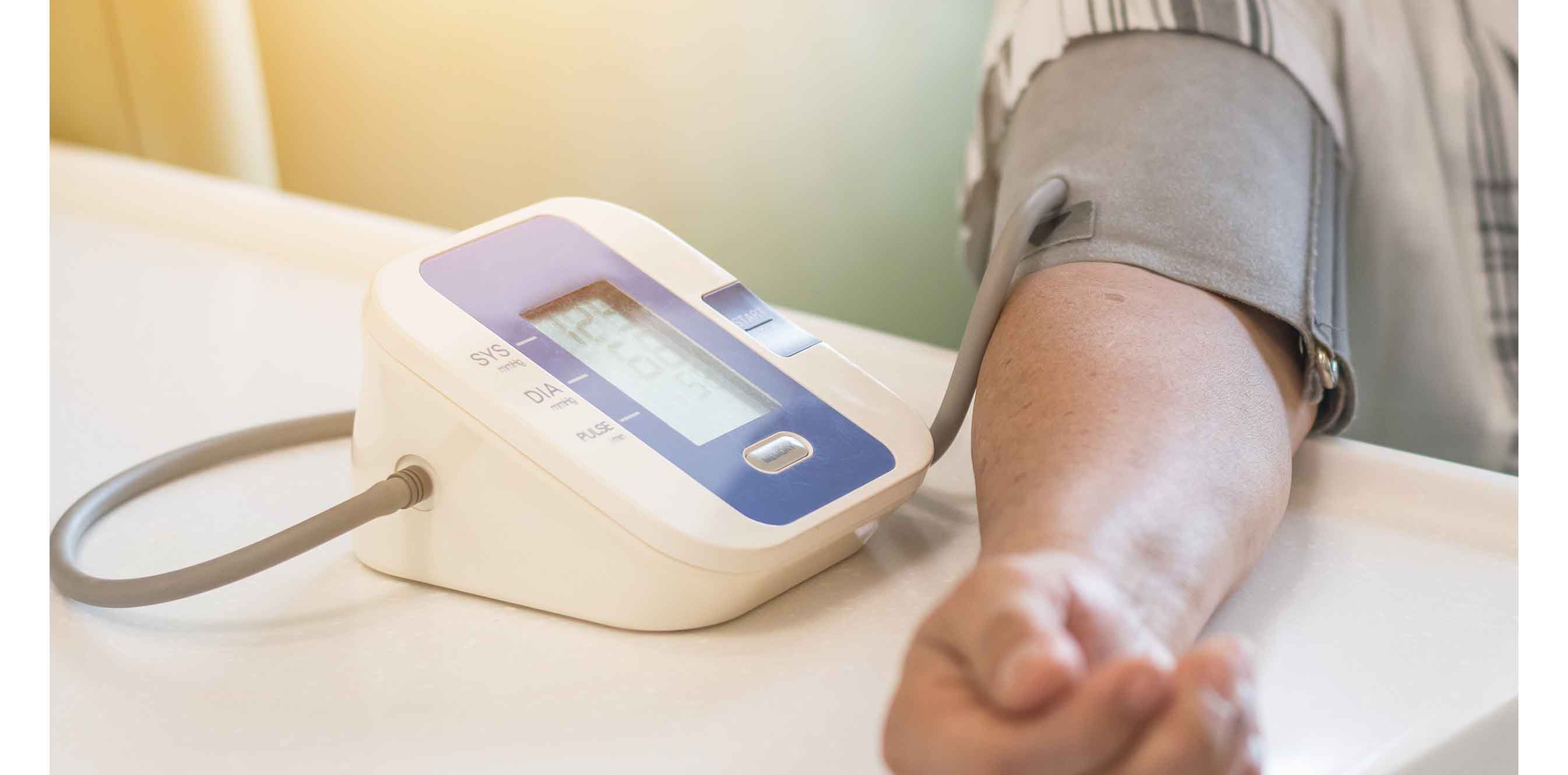Want better blood pressure control for your chronic kidney disease patients? Get them to see the same GP every time
Want better blood pressure control for your chronic kidney disease patients? Get them to see the same GP every time.
That’s the message from an Australian research project that looked at around 37,400 patients mostly aged 70 or over, with chronic kidney disease (CKD) and hypertension.
The study, led by the University of Tasmania and published in AJGP in May, examined retrospective NPS MedicineWise data from around 330 GP clinics.
It found that patients with CKD and hypertension who always saw the same GP over three and a half years were 22% more likely to have blood pressure below the target level than patients who saw multiple GPs at the same practice.
“[Maximum continuity of care is] as effective as adding a new drug to their regime,” Associate Professor Jan Radford, a general practice academic at the University of Tasmania and senior author of the study, said.
“In this case, we can definitely say, ‘You should stick with your GP and always see them to have your care delivered’.”
Continuity of care, which was calculated using the Herfindahl–Hirschman Index, had a dose-response relationship in the study; high continuity of care was slightly more effective at controlling blood pressure than medium continuity of care.
The number of GP visits was also an important variable; a doubling in the number of GP visits increased the odds of having a blood pressure below the target level by as much as 18%.
Why is continuity of care so clinically effective?
“When a GP is looking after your blood pressure, they are not just looking after your blood pressure,” Professor Radford said.
“If you get to know your patients well, you can do a lot of motivational interviewing and try to get things optimised for their management plan.
“And if the patient has stuck with the same GP, chances are they like them enough to listen to them and take their advice.”
Unfortunately, only around 8% of patients in this study actually saw the same GP every time, although high continuity of care was achieved by around one-third of patients.
If patients know that seeing the same GP has a therapeutic effect that is worth pursuing, they might be more likely to think ahead and organise appointments with their preferred GP in advance, Professor Radford said.
“And on the doctor’s side, the ability to free up appointments so that you aren’t booked out three weeks ahead would be something to consider,” she said.
AJGP 2019, 5 May


